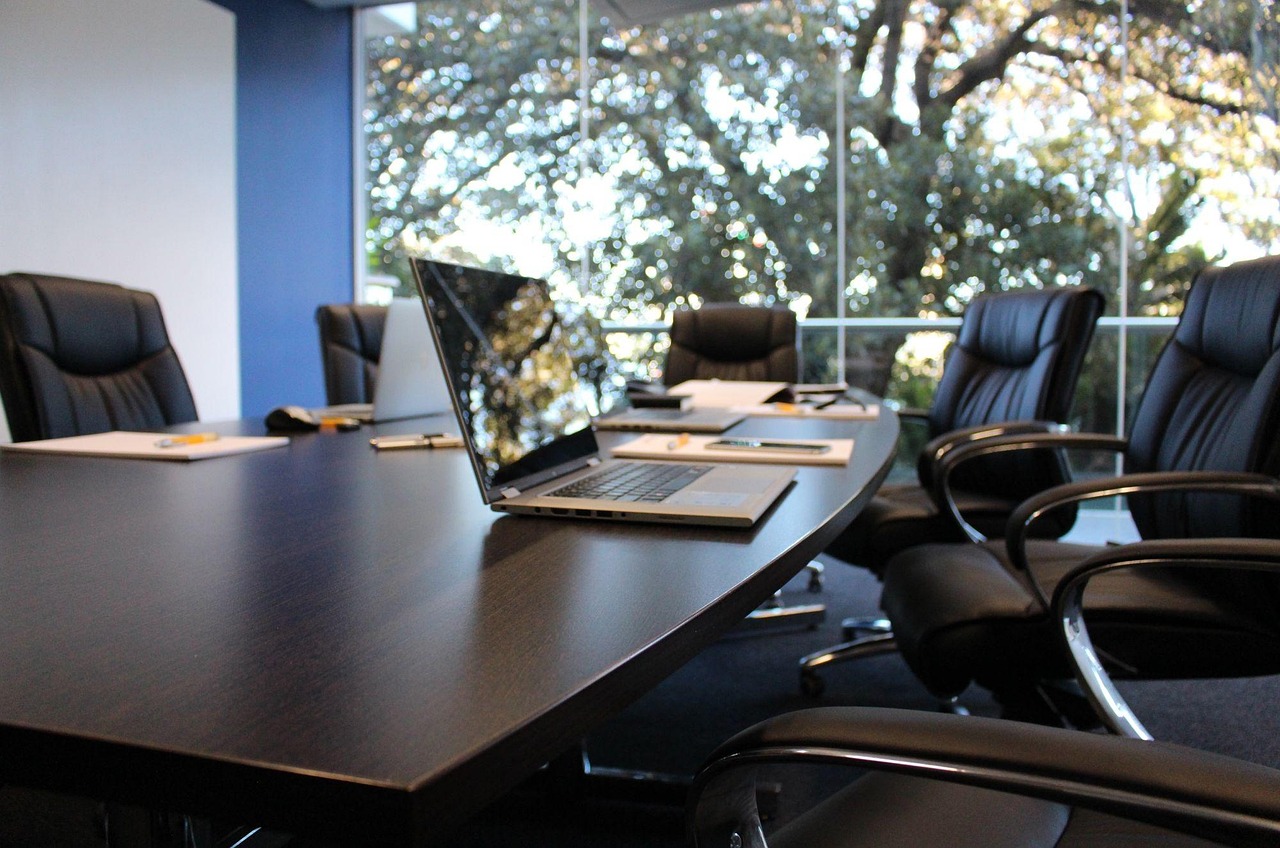Mr. Bob Rodzaj: Running an Effective Meeting
Author: David Markopoulos | Living Education
These summaries are written to give our audience an idea of the special forum messages our students have access to as part of the Living Education-Charlotte program.
Mr. Bob Rodzaj, a regional pastor overseeing the Northeastern United States, delivered a forum message to this year’s Living Education students, encouraging them to learn an important, often-overlooked skill. Whether you’re a manager, employee, teacher, or engaged in some other profession, one important ability that can greatly boost both your professional career and personal competence is the skill of running effective meetings. Mr. Rodzaj noted that at some point, it’s likely that all of us will be in a position of some responsibility and will need to run a meeting. In his forum, Mr. Rodzaj gave the students six keys to running effective meetings.
- Make Sure You Even Need to Have a Meeting
Running effective meetings involves preparation behind the scenes beforehand. An important aspect of that preparation typically involves evaluating the priorities and objectives of the meeting. A small handful of minor points that can be addressed privately may not be the most effective reason to call a meeting. A well-run meeting should clarify, not create more questions.
- Consider Who Really Needs to Be Included
Not everyone in your team may need to be involved. Involving every person in every meeting may be an unproductive use of their time, and could actually hinder progress. The right information should be addressed with the right people.
- If Possible, Schedule the Meeting at an Optimal Time for All Attendees
Meetings can be hard to coordinate. It’s good to plan well in advance a time that works for everyone, and clearly communicate the meeting date and time so that everyone has the opportunity to prepare. We should consider a person’s situation: there may be circumstances that make it difficult for someone to attend a meeting, and we should be prepared to work around that. Time management is also important—a general rule for most meetings is to keep it between 30 and 60 minutes. It’s important to be mindful of other peoples’ time, and to clearly communicate not only what the meeting is about, but also the time frame.
- Prepare an Agenda
Preparing what you’re going to discuss is important for organizing your thoughts. It’s important to arrange the agenda clearly, logically, and systematically so the meeting will run smoothly. It should establish what the meeting is about, not create more questions.
- Distribute the Agenda Ahead of Time
Share the agenda with your team ahead of time to let them know what will be discussed. Include any necessary materials for review before the meeting. A quick pre-meeting message can help remind them of a few important points and address anything they might need to review to prepare.
- Start the Meeting on Time, Keep it on Track, and End on Time
Keeping others’ time in mind is critical. Start the meeting promptly, lay down ground rules, and maintain proper control to keep the meeting on track. Encouraging collaboration and creativity is important within the bounds of reason, and it’s helpful to exercise moderation as we let the conversation flow. If the meeting begins to get off-topic or disruptive, keep a hold on the discussion and keep it flowing in the right direction. Finally, be sure to end your meeting on time and promptly.
When running meetings, it’s important to be personable, organized, and balanced. This is an important skill that can serve us throughout our lives and careers as we develop the ability to lead and manage others. Whether or not you’ve ever run a meeting, developing and utilizing these skills can help us in the event we are ever in that position, and will make us an even more effective member of our team.

David Markopoulos is a Living Education alumnus from the 2023-2025 school years. Originally hailing from Chicago, he currently works for the Living Education program.









